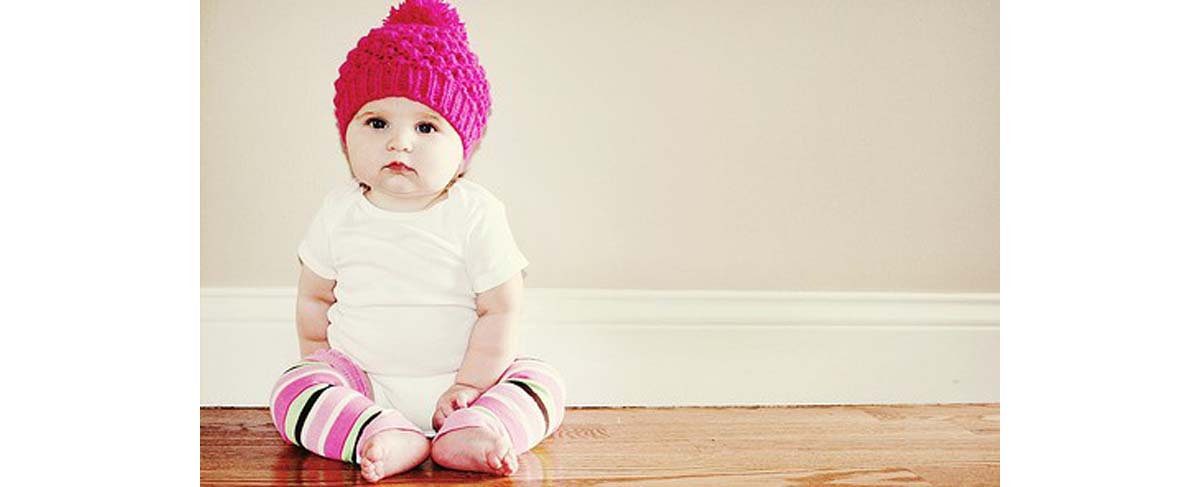Table of Contents
What kinds of families go through all the applications, the home-study process, and pay all the fees that are required to bring home an adoptive child — only to relinquish that child to strangers on the internet without any form of control soon after they do so? I'll have to refer you to the Reuters report to answer that awful question.

Not all terrible adoptive parents choose to re-home their unwanted adopted children, of course. There are also those who neglect or abuse their children, instead, sometimes to the point that they die. Thirteen-year old Hana Williams, who was adopted from Ethiopia, was beaten, starved and then left outside in the freezing cold to die as a "punishment".
In some cases, "adoption" is nothing but a euphemism for modern-day slavery or human trafficking. In those cases, adoption has nothing to do with providing a loving home to a child in need. Were all of the people who posted on the aforementioned online platforms looking to "re-home" the kids who thought that had found their "forever family" monsters, though?
Shortly after the Reuters investigation was published, parenting forums around the internet exploded with comments about what happened. In more than one place, comments from adoptive parents whose children had attachment disorders appeared.
Adopted children, particularly older children who were moved around a lot or who were institutionalized in poorer countries, can come with with all kinds of challenges.
Reactive Attachment Disorder (RAD) is the most serious of these challenges. Children develop RAD as the result of the trauma of separation from parents or caregivers and often also because of severe neglect and abuse. These children do not bond with their new adoptive parents and can act out in various ways. RAD children can be extremely withdrawn or very aggressive, and they try to push caregivers away to the point the child is rejected.
Life is hard for the RAD child and everyone around him. The condition lasts a lifetime and can be managed (with varying degrees of success) with excellent therapy, something not all adoptive parents have access to. In many of the ads Reuters published as part of its investigation, RAD was specifically mentioned as a reason for "private re-homing".
Oppositional Defiant Disorder (ODD), a disorder in which the child is defiant, angry, and refuses to respect authority is another possibility with adopted children. These children may be aggressive a lot of the time, and cannot obey rules.
Adoptive parents also complained about speech delays, developmental delays, and physical disabilities — things they were not aware of before completing the adoption and bringing the child home. In some cases, the children these people adopted were much older than they were led to believe.
I say this not because I wish to offer an excuse for the crimes these people committed; there is no excuse. No person should advertise their child on the internet to pass him off to complete and often criminal strangers, regardless of the difficulties that child is dealing with.
I choose to shed some light on the hardships that adoptive parents can encounter only because the challenges adoptive parents can face are extremely real, and can create despair in even the most sane, loving person. These challenges may be manageable with the help of good therapy and excellent community support, but when that support is lacking life can be very difficult indeed — for the whole family.
Adopting a child does not automatically result in "happily ever after", for any of the involved parties. Adopting a child is not just a more expensive way to create your own family.
Did any of the parents who posted on the re-homing groups set out to advertise their adopted child on the internet, often within a year or two of the adoption, when they started thinking about adopting? I doubt it. Are you hoping to adopt a child in the future? Make sure you don't become one of them.
Explore the dark side of adoption thoroughly, and be honest with yourself. Do you think you might have difficulties with a child suffering from attachment disorders? This is always a possibility with an adopted child. If you are not willing to walk down that hard, never-ending road, do your potential adopted child a favor and do not adopt.
Judging others is easy. Imagining yourself at your very worst and being completely open to exploring what you might be capable of in your darkest moments is not easy, but it is necessary.
- Photo courtesy of jjagner by Flickr : www.flickr.com/photos/jjagner/8123507629/
- Photo courtesy of Charlotte by Flickr : www.flickr.com/photos/charlottemorrall/3850229832/


Your thoughts on this